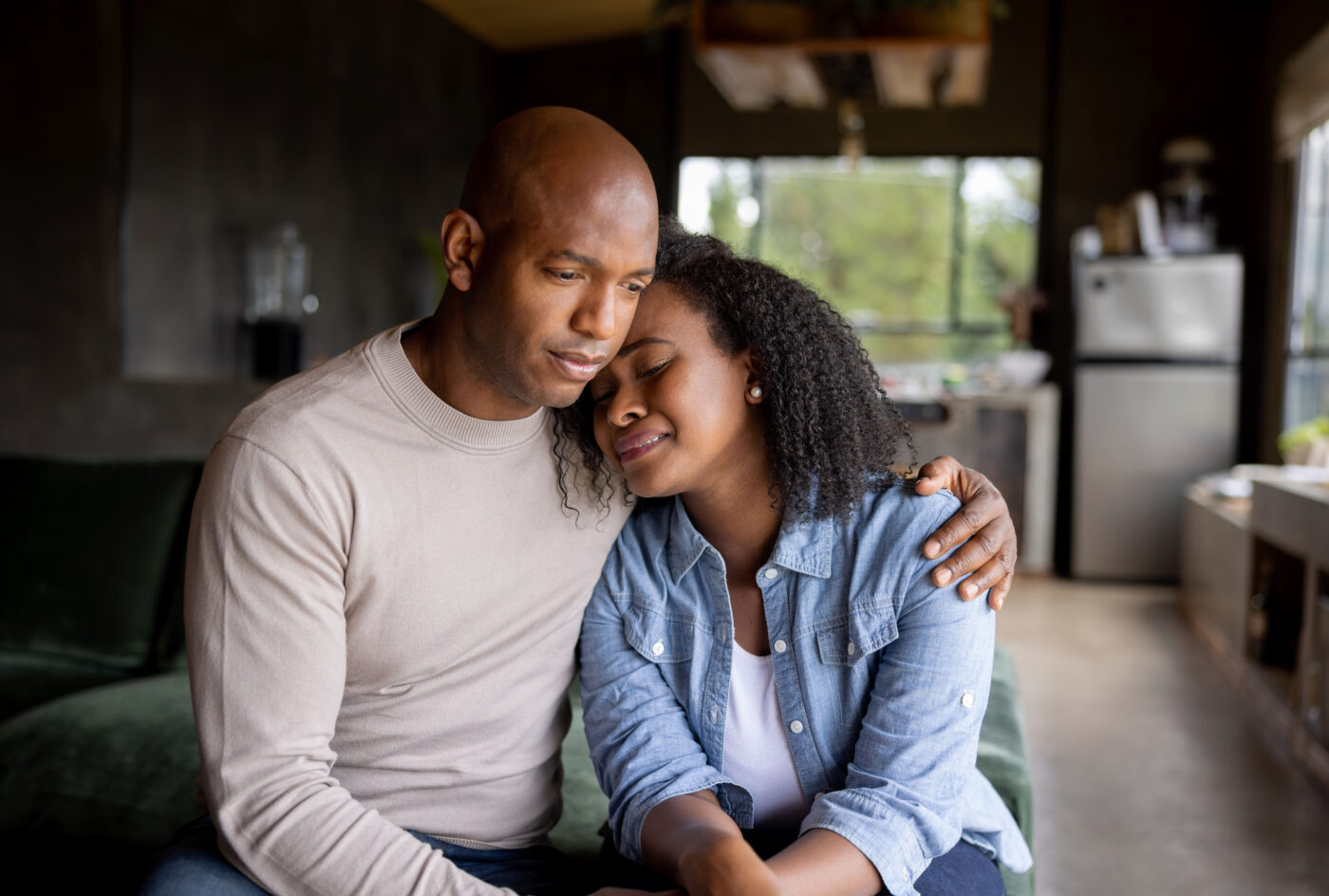We often face unexpected challenges in our lives, and the prospect of a tragic accident that puts a relationship to the test can be stressful for anyone. After such a tragedy occurs, it is necessary to demonstrate resilience, communicate effectively, and commit to healing together. Throughout this blog, we will explore strategies for rebuilding the foundation of love and support after a tragic accident.
1. Open Communication:
Healthy relationships are built on communication, especially during times of crisis. Maintaining an open and honest line of communication with your spouse is essential. Feel free to express your thoughts, fears, and emotions without judgment. Ensure your partner expresses his or her feelings as well. Through mutual vulnerability, understanding develops and healing occurs.
2. Seek Professional Support:
Survivors of tragic accidents can face overwhelming emotions as they cope with the aftermath. The guidance of a professional therapist can provide a safe space for you both to process your emotions and learn effective coping skills. Depending on your specific needs, a therapist can provide you with tools for communicating, resolving conflicts, and receiving emotional support.
3. Cultivate Empathy:
Each partner may be dealing with trauma in a different way. Being empathic and understanding of one another’s struggles is essential. Embrace the fact that grief and recovery processes vary from person to person, and that there is no one-size-fits-all timeline for healing. It will be a difficult journey for both of you, so be patient and compassionate.

4. Set Realistic Expectations:
It’s important to set realistic expectations for yourself and your marriage since recovery is a gradual process. Be aware that healing takes time, and you may go through ups and downs along the way. Celebrate each milestone as a victory by setting small, attainable goals together. The sense of accomplishment and progress that this approach fosters is powerful.
5. Rediscover Shared Passions:
A powerful way to rebuild intimacy is to engage in activities that once brought you joy and connection. A shared hobby, a favorite pastime, or a new interest can help you reconnect on a deeper level if you rediscover them.
6. Foster Resilience:
After a tragic accident, building resilience is crucial to overcoming the challenges it poses. Make sure you and your partner develop coping mechanisms that work for you both, such as mindfulness practices, journaling, or support groups. The emotional resilience of your marriage will be strengthened by strengthening your own emotional resilience.
7. Celebrate Moments of Normalcy:
While chaos and grief abound, it’s important to cherish moments of normalcy. The little things that make your bond stronger, such as a shared laugh, a comforting touch, or an ordinary day without overwhelming challenges, can provide glimpses of hope.
Conclusion:
The road to recovery after a tragic accident can be challenging, but it’s possible with dedication, patience, and mutual support. Your marriage can be rebuilt with a renewed sense of resilience and connection by facing the challenges together.







